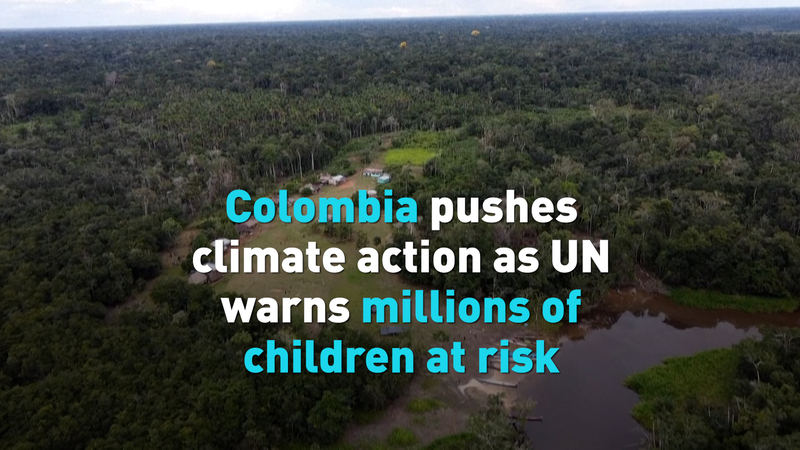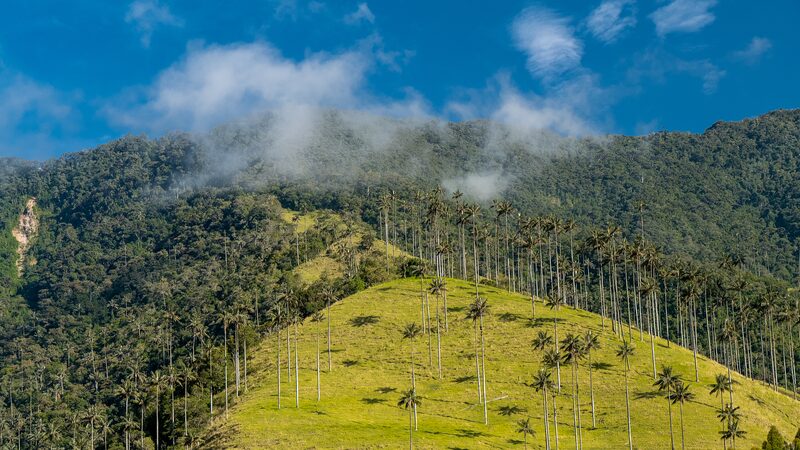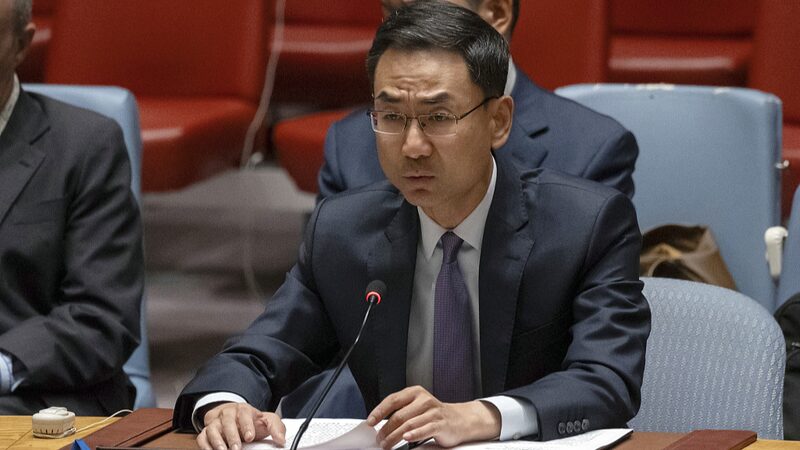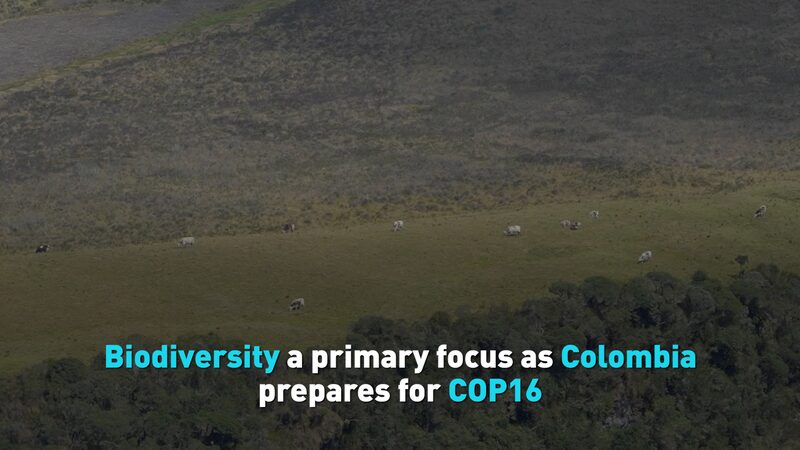The United Nations has issued a stark warning: without immediate climate action, nearly 6 million additional children across Latin America and the Caribbean could face poverty by 2030. Colombia, long recognized for its biodiversity and conservation efforts, is stepping into a leadership role by hosting critical global summits to address this dual crisis of environmental and social equity.
In Bogotá, Colombian Foreign Minister Rosa Yolanda Villavicencio emphasized the urgency of collaborative solutions. "Climate change is not a distant threat—it is eroding livelihoods and futures today," she stated during a recent press briefing. The country’s push for regional cooperation aligns with its ambitious reforestation programs and renewable energy transitions, which aim to protect vulnerable communities while meeting global climate targets.
Latin America’s unique vulnerabilities—from Amazon deforestation to coastal erosion—make it a focal point for climate diplomacy. Researchers warn that rising temperatures and extreme weather events could reverse decades of progress in child welfare, particularly in rural and Indigenous areas. Colombia’s initiatives, including sustainable agriculture partnerships and youth-focused climate education, seek to mitigate these risks while fostering economic resilience.
As world leaders prepare for upcoming summits, the intersection of environmental policy and social justice remains central to discussions. For investors and policymakers, Colombia’s approach offers a model for balancing ecological stewardship with inclusive development—a priority echoed by the UN’s latest findings.
Reference(s):
cgtn.com







